Russia ups the ante on Europe's gas supplies
Russia's suspension of natural gas to Poland and Bulgaria saw the gas price spike by 24%. A complete shut-off could see it rise by 200%.
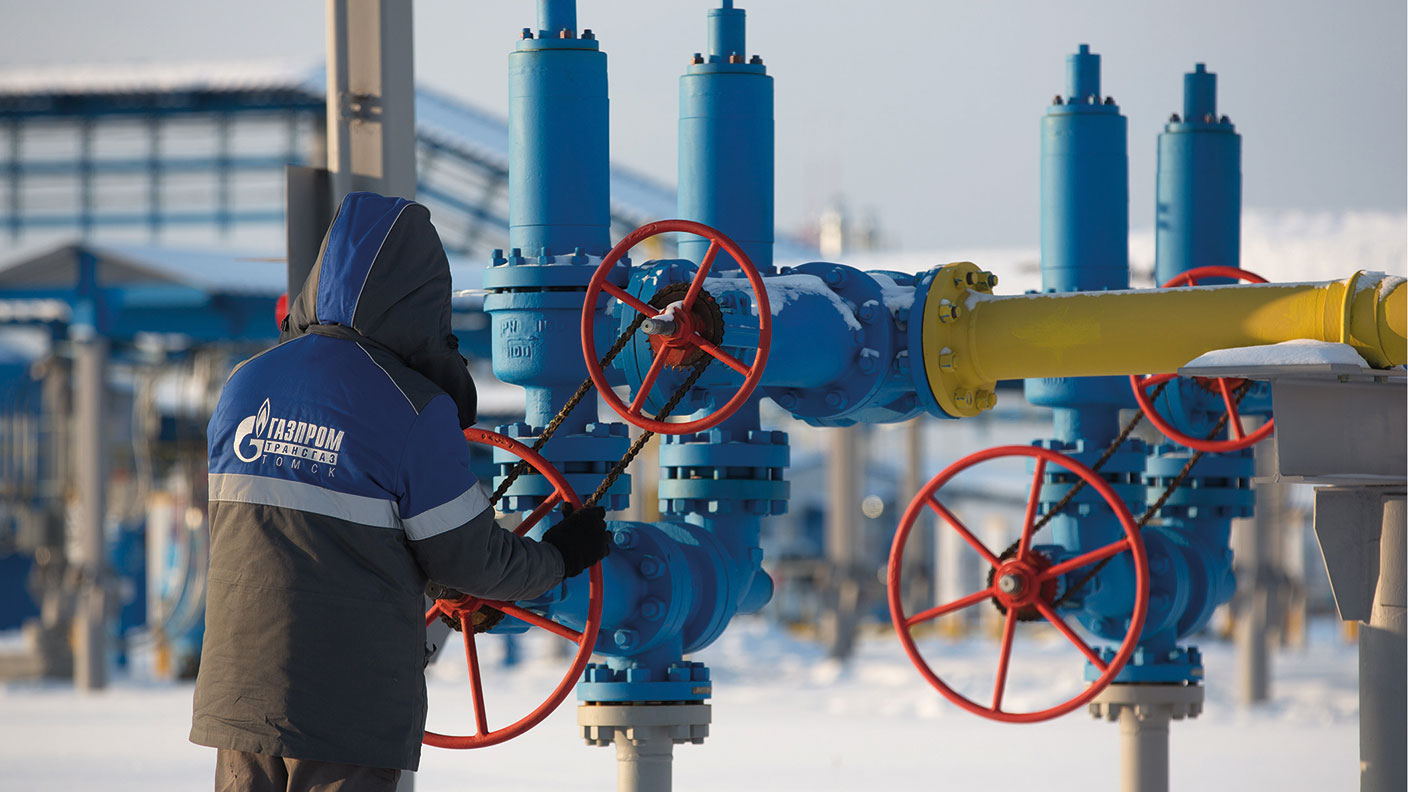
Get the latest financial news, insights and expert analysis from our award-winning MoneyWeek team, to help you understand what really matters when it comes to your finances.
You are now subscribed
Your newsletter sign-up was successful
Want to add more newsletters?

Twice daily
MoneyWeek
Get the latest financial news, insights and expert analysis from our award-winning MoneyWeek team, to help you understand what really matters when it comes to your finances.

Four times a week
Look After My Bills
Sign up to our free money-saving newsletter, filled with the latest news and expert advice to help you find the best tips and deals for managing your bills. Start saving today!
Russia used to boast that “it had never interrupted [natural gas] supplies to a European customer, even in the tensest moments of the cold war”, says the Financial Times. By suspending supplies to Poland and Bulgaria last week, Moscow has torched what remained of its reputation as a reliable energy supplier. “More countries may be cut off within weeks if they, too, reject Russia’s new demand to pay in roubles.”
European natural gas spiked 24% following the news, says Avi Salzman in Barron’s. But prices then came back down to only slightly higher than before the cut-off. Warmer weather and weaker demand from Asia – courtesy of China’s lockdowns – partly explains the subdued reaction. Poland is particularly well-prepared, having invested in storage. Other supplies are also becoming available: the US plans to ship 60% more liquefied natural gas (LNG) to Europe in 2022 than last year.
Sudden stop
Roughly 40% of Europe’s natural gas comes from Russia, says Michael Race on BBC News. The bloc is aiming to cut Russian gas imports by two-thirds this year. That will be difficult enough, but the rouble payments dispute raises the risk of a more sudden stop to supply.
MoneyWeek
Subscribe to MoneyWeek today and get your first six magazine issues absolutely FREE

Sign up to Money Morning
Don't miss the latest investment and personal finances news, market analysis, plus money-saving tips with our free twice-daily newsletter
Don't miss the latest investment and personal finances news, market analysis, plus money-saving tips with our free twice-daily newsletter
Further cut-offs may come later this month, although which countries will be affected depends on the details of contracts that are not public, says The Economist. Moscow has offered a compromise that would see buyers open multi-currency accounts at Gazprombank in Switzerland, but it is unclear whether the plan is compliant with sanctions. Regardless, Moscow’s decision to “go all in” by cutting off supplies to member states shows that “the game of energy poker” being played by Europe and Russia “is getting scarier”.
Out of gas
European wholesale gas prices are now trading around €100 per megawatt-hour (MWh). That is more than four times higher than this time last year, but less than half of the peak they hit in the immediate aftermath of Russia’s invasion of Ukraine. A complete shut-off in Russian pipeline flows could see the price spike to an average of €300/MWh, a 200% increase from current levels, says Silvia Ardagna of Barclays. That could prompt energy rationing, forcing some firms to limit their hours of operation and inflicting more economic damage.
Germany would be among the hardest hit. The Bundesbank calculates that an energy embargo could cause GDP to fall by just under 2%, says Philip Oltermann in The Guardian. Advocates of an embargo point out that the Bundesbank’s projections suggest a smaller economic hit than the pandemic (which reduced GDP by 4.6% in 2020). But there is a “heated German debate over the economic price the country should be prepared to pay to help cut off financial support for Putin’s war”.
Get the latest financial news, insights and expert analysis from our award-winning MoneyWeek team, to help you understand what really matters when it comes to your finances.
Alex is an investment writer who has been contributing to MoneyWeek since 2015. He has been the magazine’s markets editor since 2019.
Alex has a passion for demystifying the often arcane world of finance for a general readership. While financial media tends to focus compulsively on the latest trend, the best opportunities can lie forgotten elsewhere.
He is especially interested in European equities – where his fluent French helps him to cover the continent’s largest bourse – and emerging markets, where his experience living in Beijing, and conversational Chinese, prove useful.
Hailing from Leeds, he studied Philosophy, Politics and Economics at the University of Oxford. He also holds a Master of Public Health from the University of Manchester.
-
 Early signs of the AI apocalypse?
Early signs of the AI apocalypse?Uncertainty is rife as investors question what the impact of AI will be.
-
 Reach for the stars to boost Britain's space industry
Reach for the stars to boost Britain's space industryopinion We can’t afford to neglect Britain's space industry. Unfortunately, the government is taking completely the wrong approach, says Matthew Lynn
-
 Barings Emerging Europe trust bounces back from Russia woes
Barings Emerging Europe trust bounces back from Russia woesBarings Emerging Europe trust has added the Middle East and Africa to its mandate, delivering a strong recovery, says Max King
-
 No peace dividend in Trump's Ukraine plan
No peace dividend in Trump's Ukraine planOpinion An end to fighting in Ukraine will hurt defence shares in the short term, but the boom is likely to continue given US isolationism, says Matthew Lynn
-
 Investors need to get ready for an age of uncertainty and upheaval
Investors need to get ready for an age of uncertainty and upheavalTectonic geopolitical and economic shifts are underway. Investors need to consider a range of tools when positioning portfolios to accommodate these changes
-
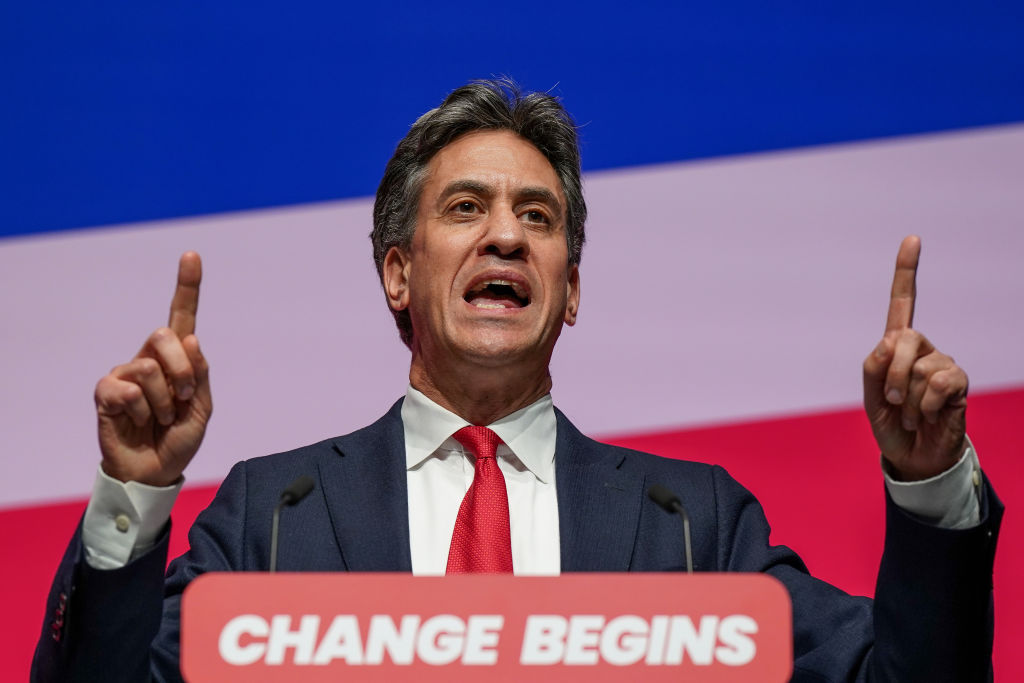 EPC rating standards for private landlords set for major overhaul amid ‘biggest ever’ energy efficiency push
EPC rating standards for private landlords set for major overhaul amid ‘biggest ever’ energy efficiency pushNews The government wants landlords to achieve an EPC rating of at least C in private rented homes. The policy revives plans previously put forward by the Conservatives.
-
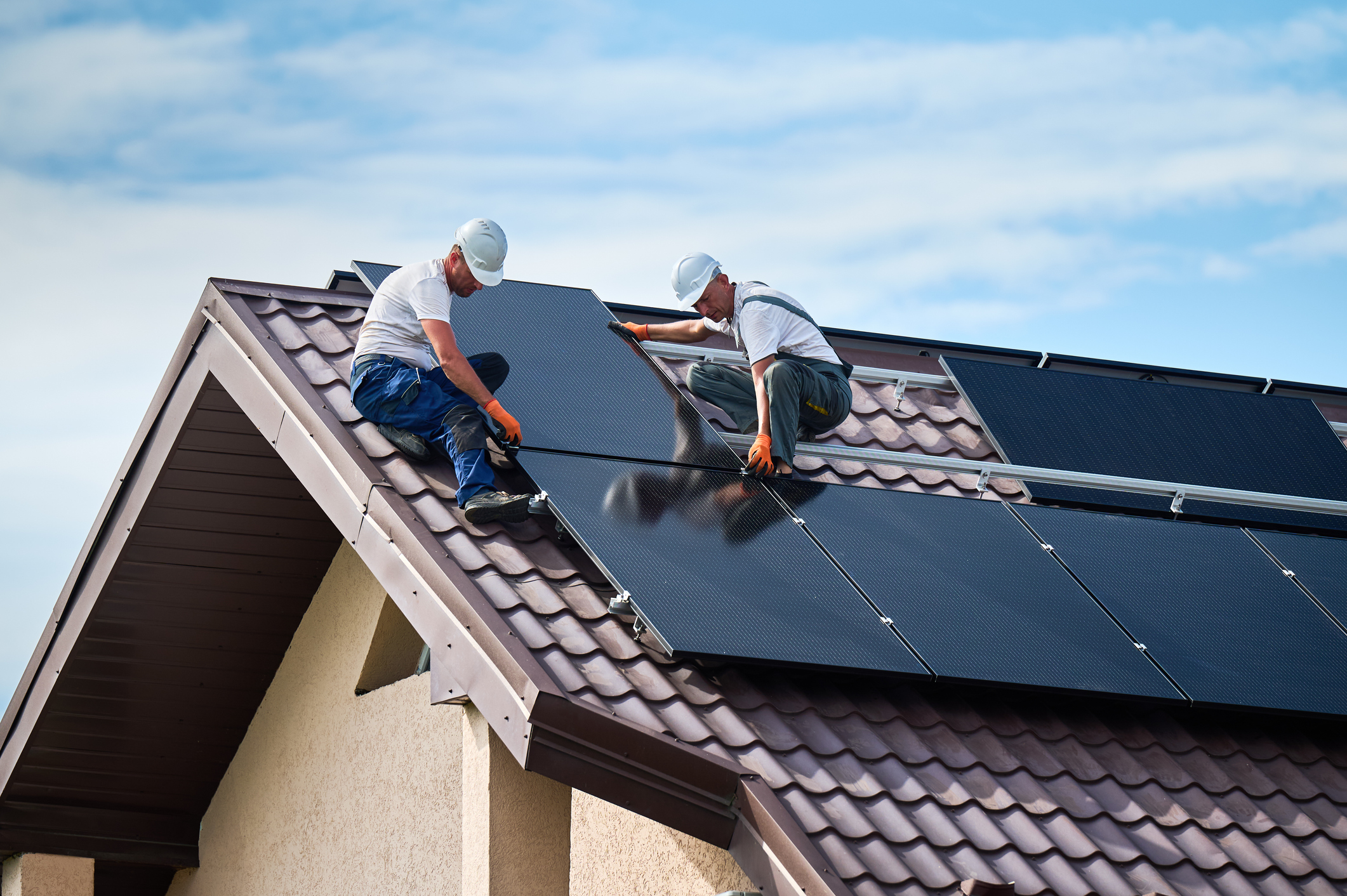 How much do solar panels cost in the UK - and are they worth installing?
How much do solar panels cost in the UK - and are they worth installing?Solar panels are set to be at the forefront of the government’s plans to make the UK economy greener. But are they cost effective?
-
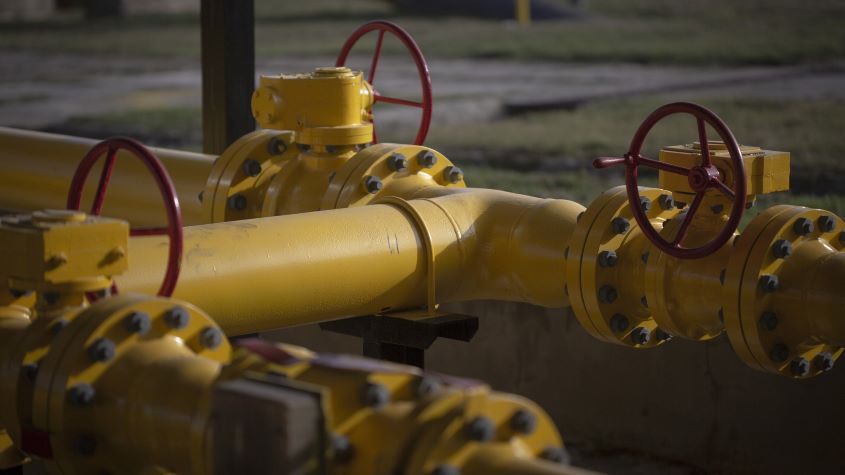 6 natural gas stocks to buy to profit from the gas gold rush
6 natural gas stocks to buy to profit from the gas gold rushTips Natural gas will be a crucial source of power for years to come, says Matthew Partridge. Here are six natural gas stocks to buy to benefit.
-
 The challenge of turbulent markets
The challenge of turbulent marketsAdvertisement Feature Today, ISA investors face one of the most challenging economic environments seen in recent years. However, good companies can still thrive, even in the toughest economic conditions. That’s why BlackRock’s fund managers focus on these businesses when they’re looking for investment opportunities.
-
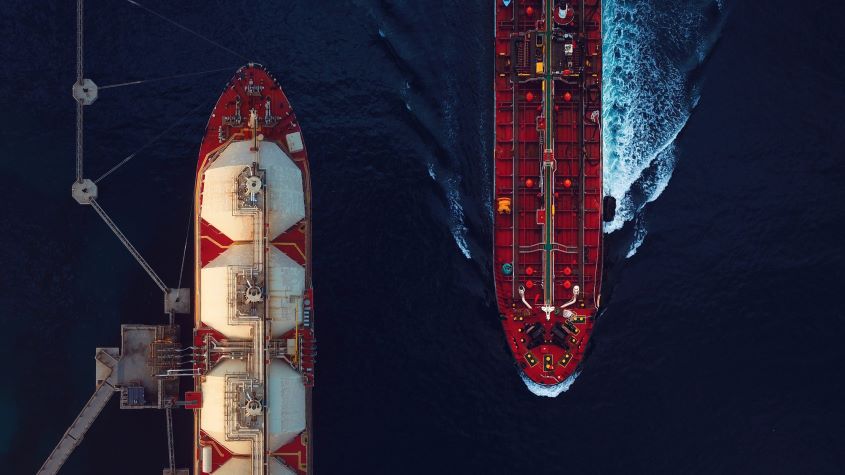 High energy prices are here to stay
High energy prices are here to stayAnalysis The rising cost of producing energy means high oil and gas prices are here to stay argues Max King